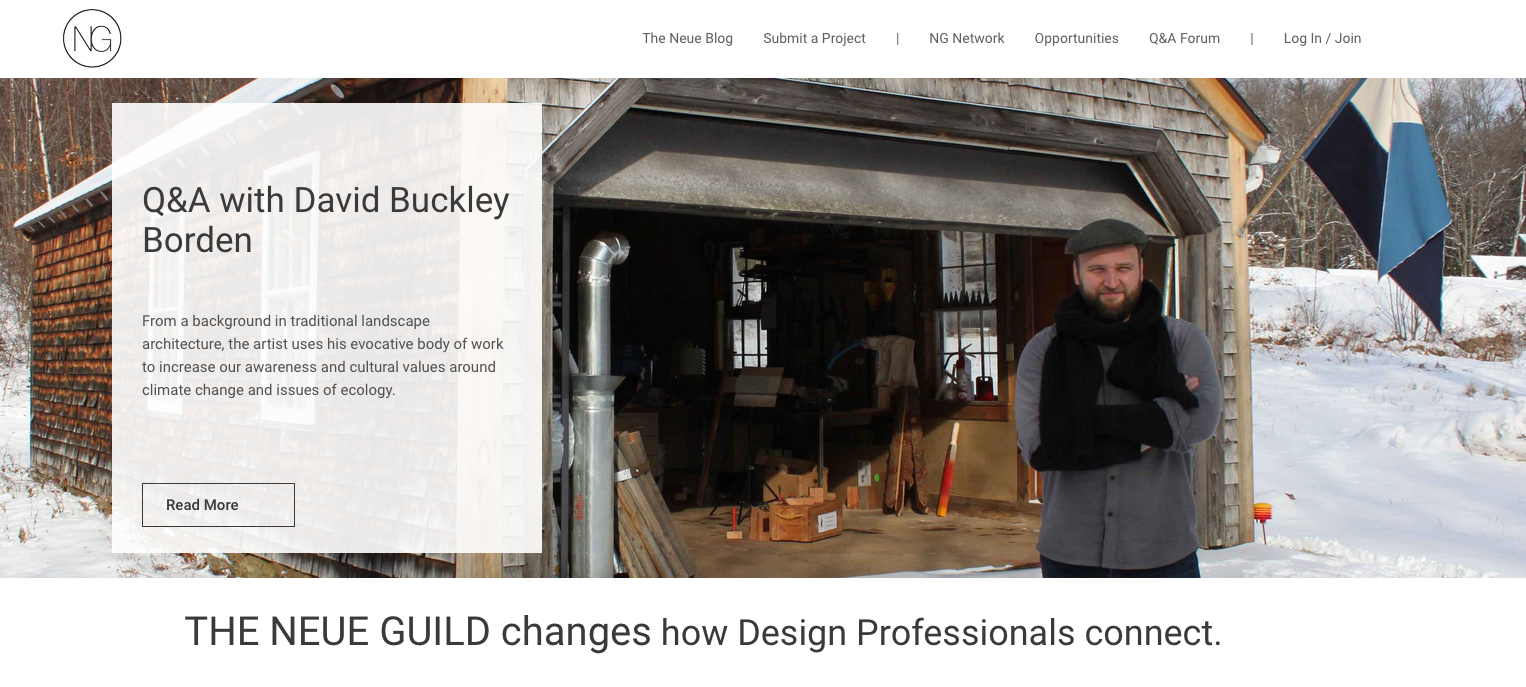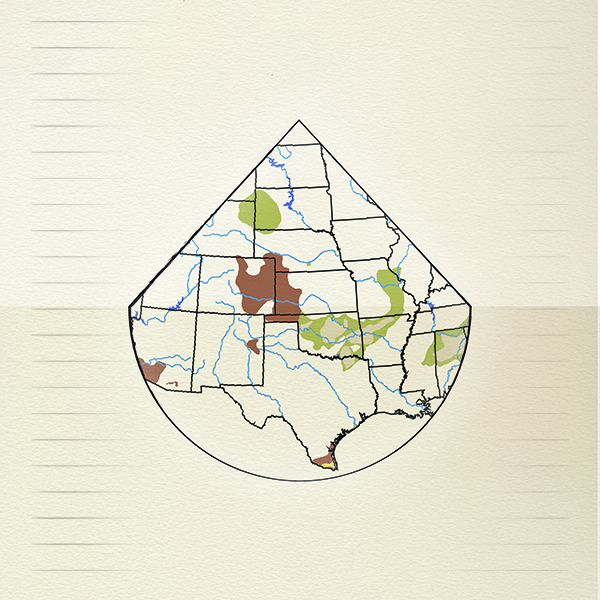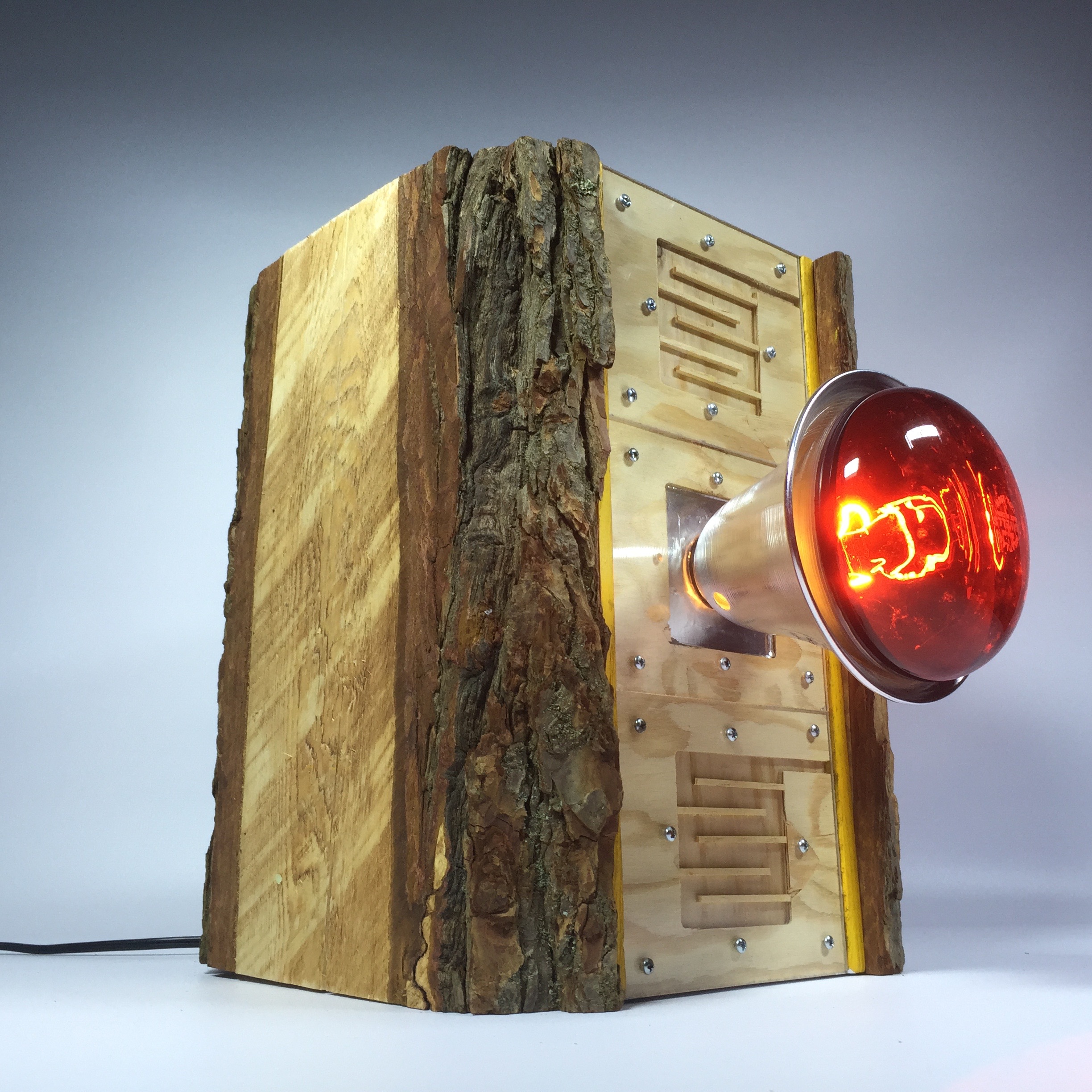Title: Hemlock Hospice; Arts-based science-communication of a declining species at Harvard Forest
Summer Supervisors: David Borden; Aaron Ellison
Researchers: Aaron Ellison
Project Description: This unique multidisciplinary project is an opportunity to explore and test the theory and collaborative practice of arts-based science communication with ongoing research at Harvard Forest. This research project aims to bring together relevant scientific, historical, literary, and artistic information that bear on forest dynamics. For example, scientific data from paleoecology, land-use history, disturbance, succession, and invasive species will be linked with writings in environmental literature, objects and installations of environmental art, and design precedents.
For this summer project, we will focus on hemlock forests in New England. Eastern hemlock (Tsuga canadensis) forests are declining in abundance as they are colonized by an exotic insect, the hemlock woolly adelgid (Adelges tsugae). As the hemlock woolly adelgid expands its range throughout the eastern United States, hemlocks are being killed and replaced by other tree species. The decline and subsequent loss of this foundation tree species is hypothesized to have strong effects on plant and animal communities and ecosystem processes.
Hemlock Hospice is a student opportunity to research the theory and practice of science-communication. In addition to ecology, weekly meetings will also include discussions on installation art, communication design, design research and user-experience design within the context of science-communication. Weekly readings provide a foundation into past, current, and future trends of public engagement with science, specifically ecology and forestry. This research will include an exploration of new ideas and communication modes to move science communication forward. In particular, as a group, we will collectively explore the question, “How can art and design support science-communication to foster cultural cohesion around ecological issues and help inform ecology-minded decision making.”
The student will be co-mentored by artist-in-residence, David Buckley Borden and Senior Ecologist, Aaron Ellison on a studio-based science-communication collaboration and directly contribute to a mixed-media art project within the Harvard Forest. Over the course of the summer, the student will help create a variety of creative 2D and 3D art projects focused on communicating HWA research. 2D visual art work may include wayfinding, signage, and outreach and exhibition materials. 3D art work will include site-specific installation projects, i.e. small to medium sculptures within the landscape.
Desired skills:
The student should have an interest in ecology, science-communication, art, and design.
Some experience in digital design tools (Adobe Creative Suite, AutoCAD).
Fabrication experience with built works in the outdoor environment a big plus.
REU internship program details here.


















